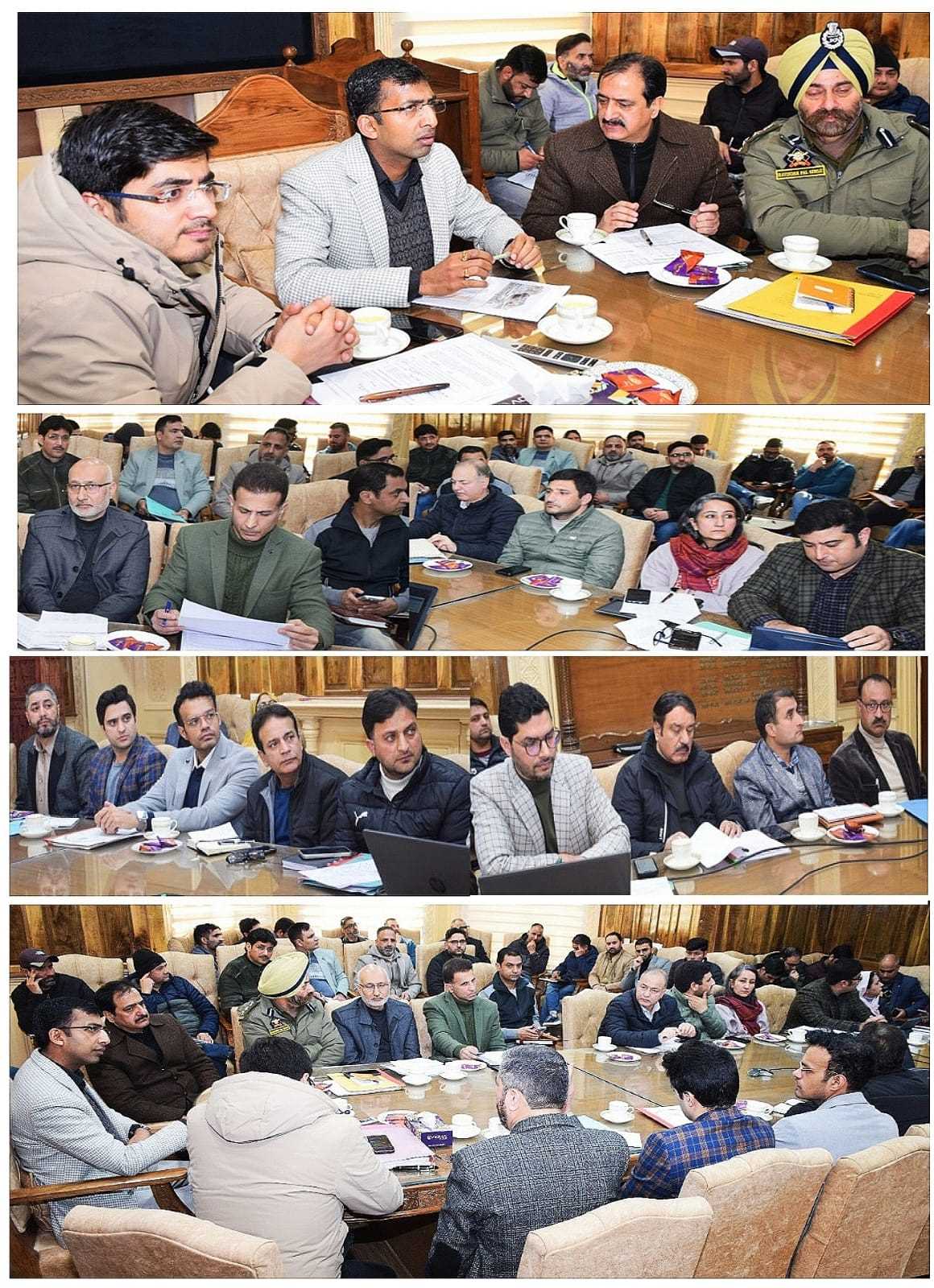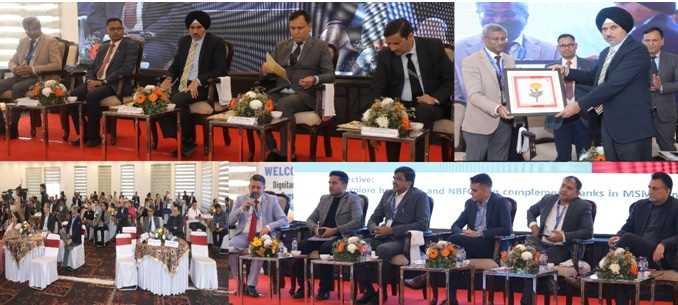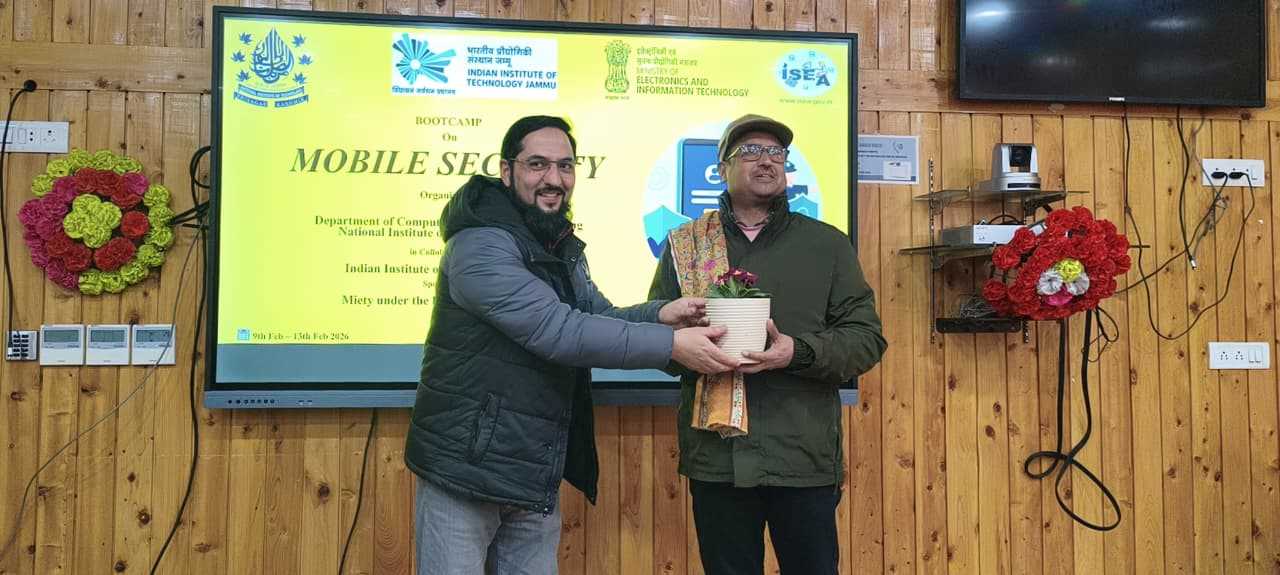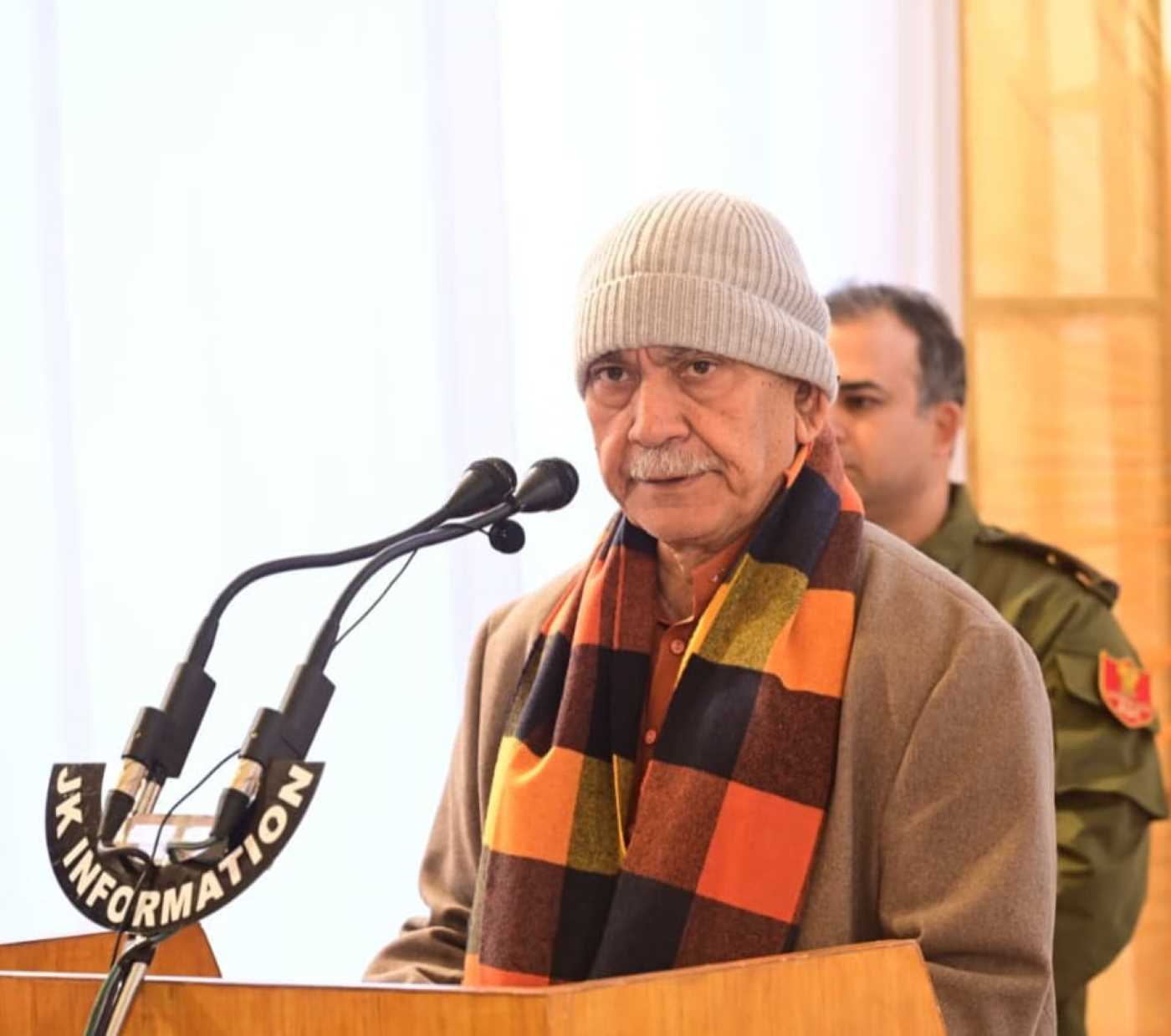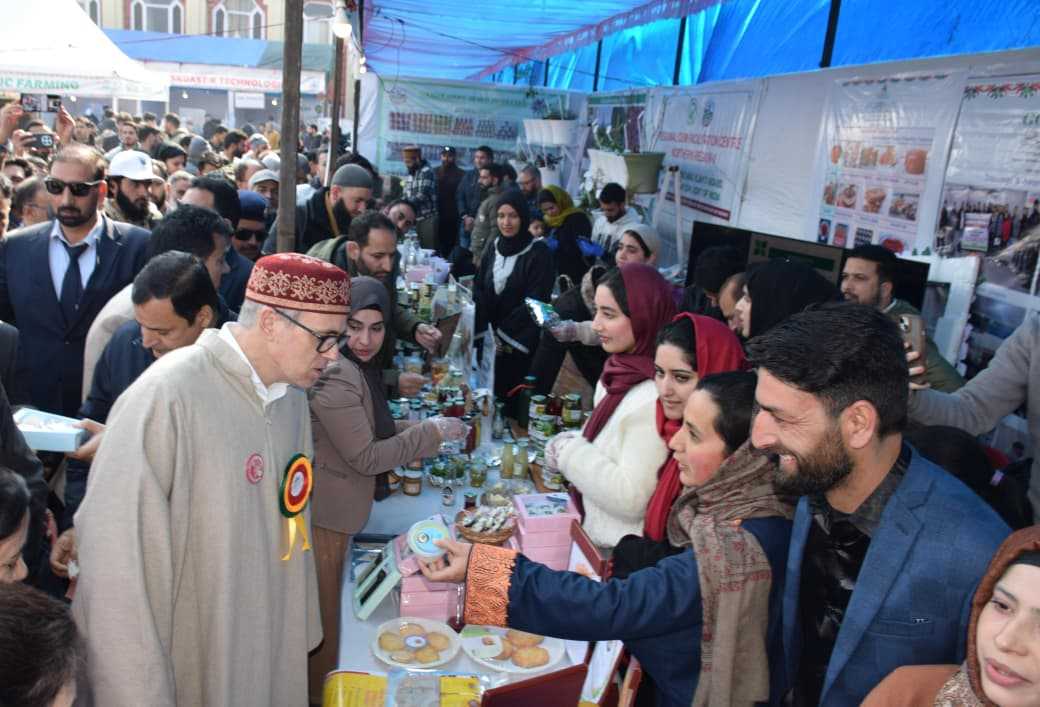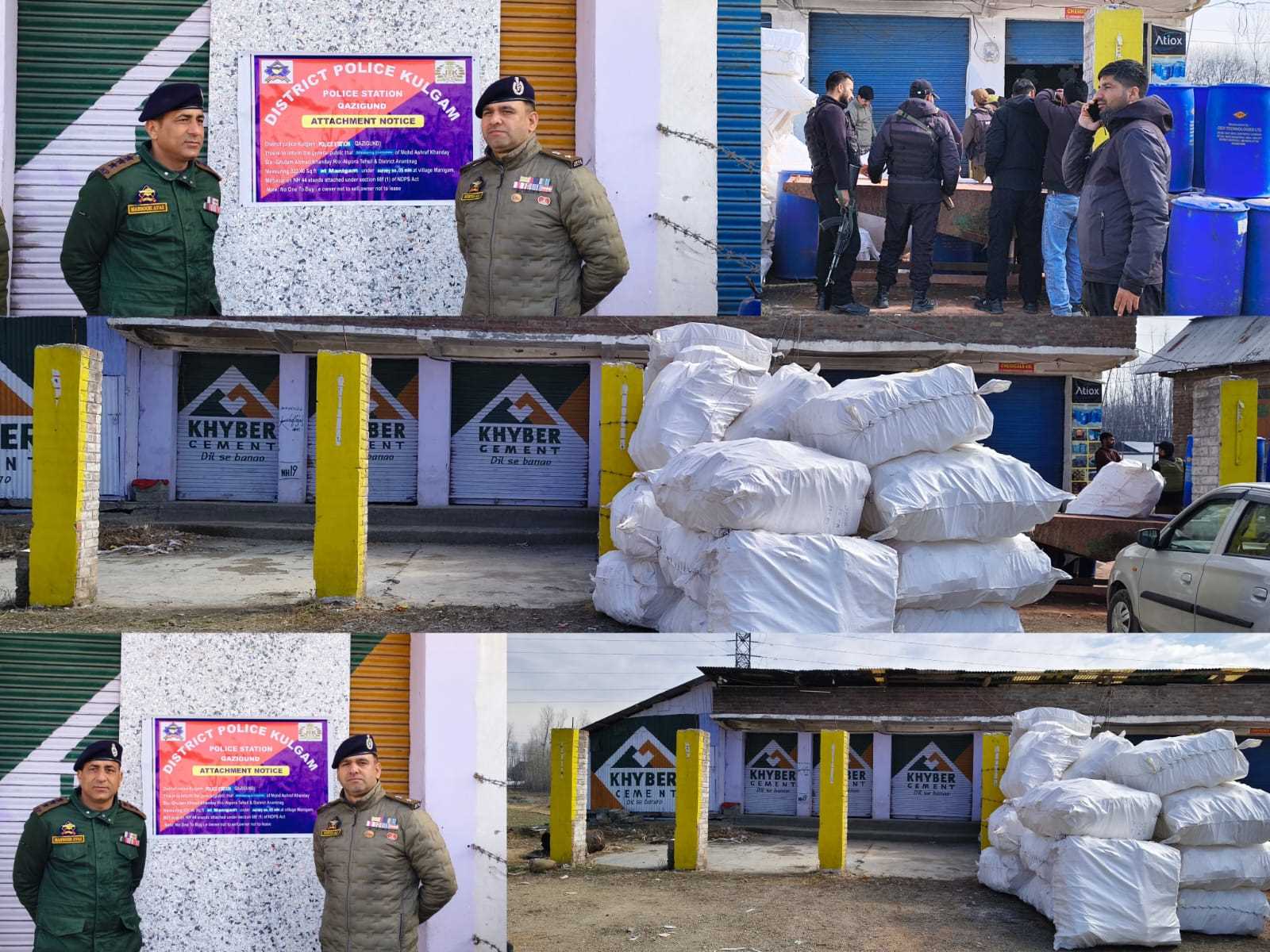Introduction
Amidst the storming conditions of Kashmir like corruption, nepotism, hypocrisy and unemployment late marriage as a social issue stands as a crucial problem in current times that has resulted in the waste of young age as for our youth is concerned and especially it has impacted our young girl folk who have reached their marrying age, but are still waiting for Godot. Same is the case with young boys who have attained the age of marriage and are in a dilemma as they are waiting for a regular govt. job, but the prevailing corrupt system is wasting their talent, energy and youth. The recent incident of JE Electrical Exam paper leakage is a solid example of the corruption at peak in Kashmir. Consequently the youth of the state are facing an acute problem due to the social impact factor of unemployment. The institution of marriage has got tremendously impacted due to this scenario. As of now, a collective mindset has a tendency that an employed fellow prefers employed one. Not only this, but also that not in employment prefers employed ones as in case of girls that has resulted in late marriages of girls and the subsequent causes are like mental frustration, emotional imbalance and shattered mindset that further leads to suicides, elopements, extra-marital affairs etc. etc. Human being is an amalgamation of emotional and biological instincts. The two factors being closely related to each other. Biologically a male matures at the age of 18 and a female at just14 or 15 years of age. Both have an urge of sexual desires that drag them in the sphere of emotional imbalance and mental stress. And the matter gets more adverse when a young boy or girls is educated, unemployed and unmarried.
Marriage is not just a legal bond between man and woman; it is social sanction that allows two opposite genders to live together. Marriage is not only about physical intercourse between male and female but acts as a bridge which connects two souls and generates the feeling of oneness. It lays down the foundation of the family and thus maintains the structure of society. The rituals and practices related to marriage are not the same everywhere. They vary from culture to culture but some essential and fundamental principles are mandatory in every society to make marriage functional and socially accepted. Among these pivotal principles, a suitable age is important. It is interesting to note the drastic change over the years in the matter of this suitable age. It was premature in the past and is too late in the present.
Survey Reports cum Research Evidences
An article “The growing concern of late marriages in Kashmir” by Malik Daniyal who is pursuing Bachelor’s at the University of Delhi, published in KASHMIR WALLA, DECCAN HERALD,GREATER KASHMIR mentions: Kashmir has been as affected as any other region by modernity, materialism, and cultural diffusion, which directly or indirectly affect the age of marriage. Bashir Ahmad Dabla, who was a professor in the department of sociology and social work at Kashmir University, carried out a study in 2007 titled, “Emergence of late marriages in Kashmir,” in which he found that during the last 30-40 years, the average marrying age has increased from 24 to 32 for men and from 21 to 28 for women. Before 1989 the average age of marriage in Kashmir was 23 years for males and 20 years for females. There are innumerable causes for this increase in the age of marriage in recent years. The first and foremost is the securing of a good job and higher status in society. For this both males and females but especially males spend many years of their life in completing higher education, after which they spend a few years in employment. A person studying for a doctorate (Ph.D.) will take a minimum of five years to earn the degree and another one or two years to find a job. Generally, such a person gets to marry at the age of 33-35, which is not biologically a fertile age for procreation. The dowry system is another major cause of late marriages in Kashmir. A survey conducted in 2016 and 2017 in downtown area of Srinagar by the Tehreek-e-Fahalluh-Muslimeen Trust revealed that there are about 10,000 girls who have attained or even passed marriageable age but whose parents are too poor to pay dowry. This is a big blot on the face of Kashmiriyat. Educated persons also demand dowry, which is not just unfortunate but evil. Besides the dowry system, other customs like wazwans, jewellery, copperware and other gifts exchanged during marriage also take a heavy toll on both families. These rituals and customs not only ruin poor people but also saddle the middle-class with a heavy burden. Fayaz Zaroo, owner of Humasafar marriage counseling, has said that”the expenditure of a conventional marriage. Is a heavy toll on both families? These rituals and customs not only ruin poor people but also saddle the middle-class with a heavy burden. Fayaz Zaroo, owner of Humasafar marriage counseling, has said that ”the expenditure of a conventional marriage ranges between Rs 5 lakh to Rs 30 lakh.” Though modernity has changed the perspectives of people, the caste and class system continue to influence marriage. Many families in Kashmir give preference to endogamous marriages. They are not willing to marry outside their caste. In addition to this, a new ideology has been created among the youth of Kashmir, especially among males, which is to prefer a woman who is well educated or has a job. Thus, the women who are not well educated or professionally employed find their chances of marriage sliding further down. Prof Bashir Ahmad Dabla, Head, Department of Sociology at Kashmir University, attributes poverty, unemployment, dowry, modern education and more than two decades of conflict as major reasons for late marriages in Kashmir with a nasty fallout on its socio-economic fabric. The trend has devastating consequences like psychiatric problems, suicides, drug addiction, pre- and extra-marital affairs, sex scandals and a spurt in divorces, he said.
“The decrease in population at family level, mental depression, increase in suicide rate, encouragement to immoral activities and pre-marital sex are some of the consequences of late marriages which we found during the survey,” the principal investigator of the empirical survey, Prof Dabla told Deccan Herald. He said the socio-economic and politico-educational developments in Kashmir had radical changing impact on the practices, rituals, values and norms of marriage especially related directly to late marriage. “Also, political developments in the last 22 years of militancy had further impacted the traditional pattern of late marriages,” Prof Dabla added. Asked whether the late marriage scenario was same in rural Kashmir, he says: “The situation is better in countryside compared to Srinagar and towns. Social fabric is still intact in rural areas due to which situation is comparatively better.” Asima Hassan, a scholar at Kashmir University who has conducted a research on impact of conflict on youth, says the present trend is leading the society to a disaster.“Demographic composition of the Valley is getting affected due to late marriages. Sociologically, it affects the most active group in terms of roles, as they become less contributing. The number of single men and women in Kashmir has gone up to 65 per cent. They comprise 45 per cent females and 20 per cent males,” she said. Asima said the trend increased at an alarming pace during the last one and half decades. “We had not seen such a phenomenon 50 years back. There were boys and girls of 20 years age getting married, but now, the age has increased from 20s to 30s in most of the marriages happening nowadays. Singlehood is one of the worst fallouts of the armed conflict in the Valley,” she added. Though weddings had become a low-key affair post-1989 as gun battles and frequent curfew restrictions didn’t allow the hosts to indulge in traditional extravagance, situation changed after early 2000 with the return of normalcy. Weddings ceremonies have returned to their former lavishness which has brought on the self-imposed burden of spending beyond ones means. Again, most of the hosts dish out ostentatious feasts whose sheer wastefulness makes them a sort of status symbol across the valley.”
Hence, the survey references by some reputed scholars from Kashmir University, have been inserted deliberately here to give the topic a touch of research. So we can say that the core terms in the title ie; Educated, Unemployed and Unmarried are closed linked terms in the socio-cultural scene of today’s Kashmir. Education in European countries means self sufficiency, but in our country with least job opportunities and manipulated mindset, it has become the burden for educated ones. It is said that in olden days that man is for field and women is for hearth, but with the advancement in the technology, it propagated the concept of industrialization and at the same time job oriented programmes. With the orientation of programs which have made humans robots has played a detrimental role in the scenario of Kashmiri youth. With no industrialization in the concerned valley, young and talented youth are forced to opt for odd jobs. The enormous pressure created by the structured society has conglomerated odd and even job for the meritorious candidates and at the same time the support to be provided to the parents at their old age is not met even with lot of degrees in the hands of students.
The Way Forward
the simple way forward to get our community/nation/country out of this vidambana (paradox) is what Swami Dayanad Sarasvati said, “ Go back to Vedas” which in case of Kashmir implies to go back to our ethics and culture that consisted of simplicity and compassion without giving the place to irrelevant customs and practices. Everyone must read the life history of Prophet Muhammad (pbuh), his companions (Sahaba) ,great Sufis and saints and just introspect how they would lead a simple life. How tension free they were. They were married and had children as well. But no such evidence is there is the history that they were worried about their future and the future of their children. No doubt that we can’t compete with those great and noble persons, but even then we can try to follow their path. And surely that will lessen our burden and mental stress.
Making our marriage culture simple and less costly will help us maintain our budget and we shall not fall prey to huge debt of banks or Usurers. It has often been observed that the costly marriages ruin the life of couples and their children as well. Islam has advocated for a simple life and high thinking. It prevents us from pomp and show that is the attribute of devil. We must come out of fool’s paradise in the sense that govt jobs are very limited and that too in the current age of corruption, nepotism and political intervention it is equal to catching a djin of Arabian nights. So we must prefer character and hard work over white collar jobs. Relations with equal will definitely lead to a balance in the society. We often think of marrying a rich man/woman that is not always possible.
One who asks for our hand in return to a job must be denied and after sometime those selfish people will feel discouraged and they will start acting normally. After getting a job,one thinks as if he the chosen/ selected person of God and his job will go for ever. Parent community has a main role in this chaos and confusion. They must not stress over children for getting a job at any cost that may result in suicides and abandonments.Although they must encourage them to participate in competitive exams, but not with the pressure that they have to crack it by hook or crook. As parents we must be well aware about the potential of our children. They must be understanding and cooperative with their children. Last but not least, we must play our part honestly and sincerely and leave rest to the Almighty Allah.
Email:-----------ishaq7007@gmail.com



